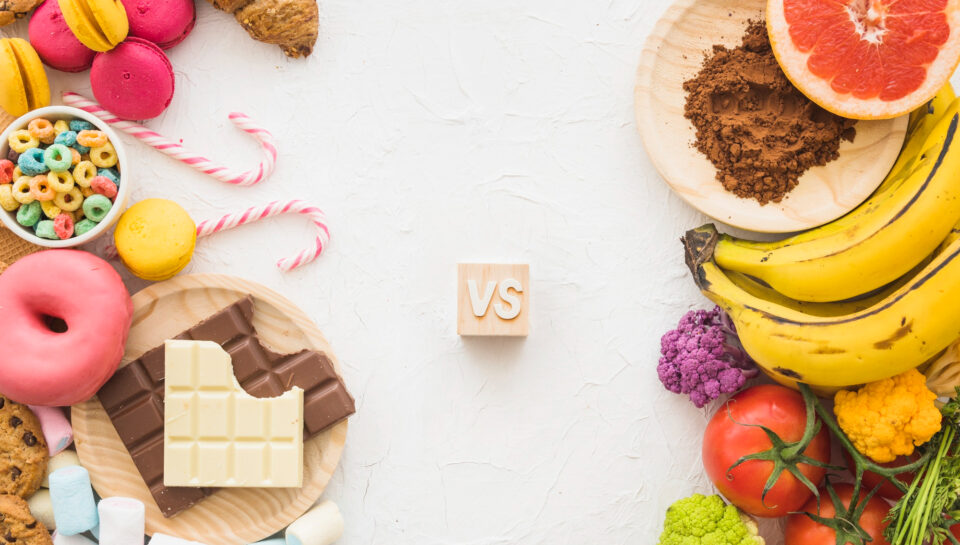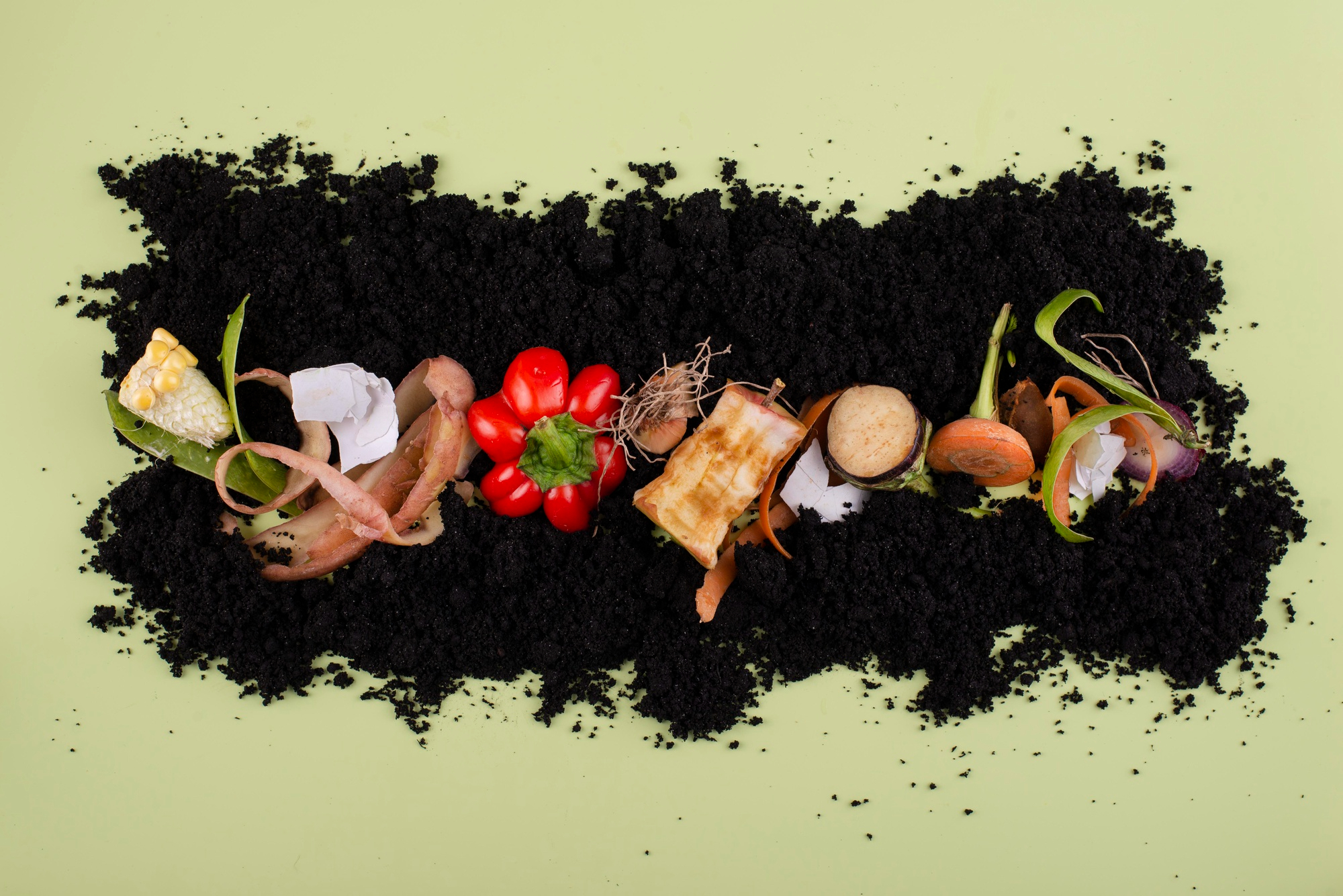Organic vs. Conventional: What’s the Real Difference?

A
re you wondering whether it’s worth spending a little extra on organic products instead of conventional ones? With so much buzz around health and sustainability, many people are switching to organic food and household items. But what’s the real difference?
At Triloknath Traders, we believe informed choices lead to healthier lives. Let’s dive into how organic and conventional products differ — and why choosing organic might be the best decision for you and your family.
What Are Organic Products?
Organic products are grown and processed without the use of synthetic fertilizers, pesticides, or genetically modified organisms (GMOs). Instead, farmers rely on natural methods like composting, crop rotation, and biological pest control.
Some features of organic farming:

What Are Conventional Products?
Conventional products are grown using modern agricultural practices that may include:
- Synthetic fertilizers to boost growth
- Chemical pesticides for pest control
- Growth hormones or antibiotics in animal farming
- GMOs to enhance resistance or yield
While conventional farming produces food more quickly and often at lower costs, it can involve chemicals and practices that raise concerns about long-term health and environmental impact.
Nutritional Differences: Is Organic Really Healthier?
Many studies suggest that organic produce often has higher levels of certain nutrients, like antioxidants, compared to conventional alternatives. Additionally, organic dairy and meat can contain better ratios of healthy fats.
However, the biggest advantage of organic food is reduced exposure to pesticide residues and harmful chemicals.
Taste and Quality
Consumers frequently report that organic fruits, vegetables, and grains taste fresher and more flavorful. This is often because organic produce is grown in healthier soil and harvested in season without long storage or artificial ripening.
However, the biggest advantage of organic food is reduced exposure to pesticide residues and harmful chemicals.
Environmental Impact: Organic Is Kinder to the Planet
Organic farming:
- Protects soil health
- Reduces water pollution
- Supports biodiversity
- Uses less energy in many cases
Choosing organic means supporting sustainability and reducing your environmental footprint.
Are Organic Products Worth the Price?

Organic products can be slightly more expensive due to the extra care in farming and certification. But many people see it as an investment in health and the environment.
At Triloknath Traders, we’re committed to making organic living affordable and accessible. We offer a wide range of organic grains, pulses, spices, oils, and more, all sourced from trusted producers.
Why Choose Triloknath Traders for Organic Products?
✅ Wide range of certified organic products
✅ Competitive prices
✅ Trusted quality and sourcing
✅ Personalized service and guidance
Whether you’re looking for organic staples for your kitchen or exploring healthier lifestyle choices, Triloknath Traders is your one-stop shop for authentic organic products.
Final Thoughts
When it comes to organic vs. conventional, the choice depends on your priorities — health, taste, environment, and personal values. Switching to organic products is a step toward a healthier, more sustainable lifestyle.
Ready to make the switch?
Visit Triloknath Traders today and explore our premium range of organic products. Experience the real difference!


